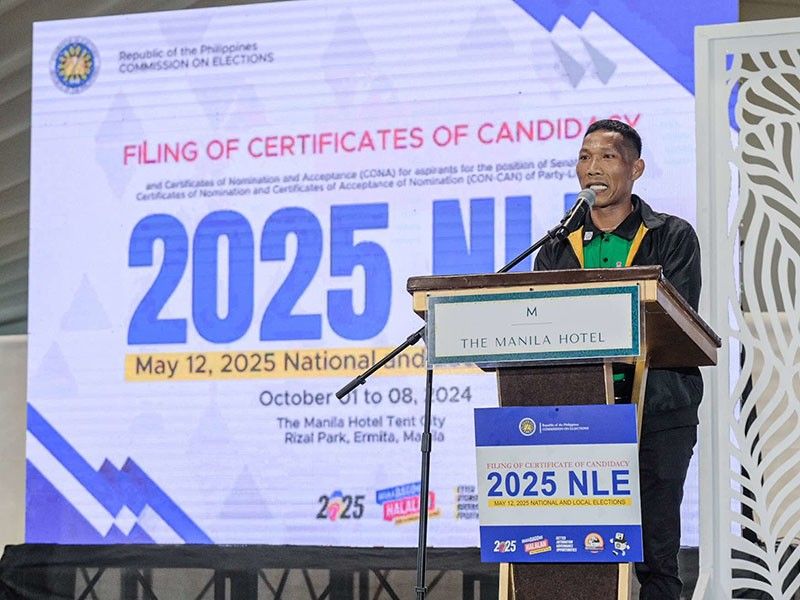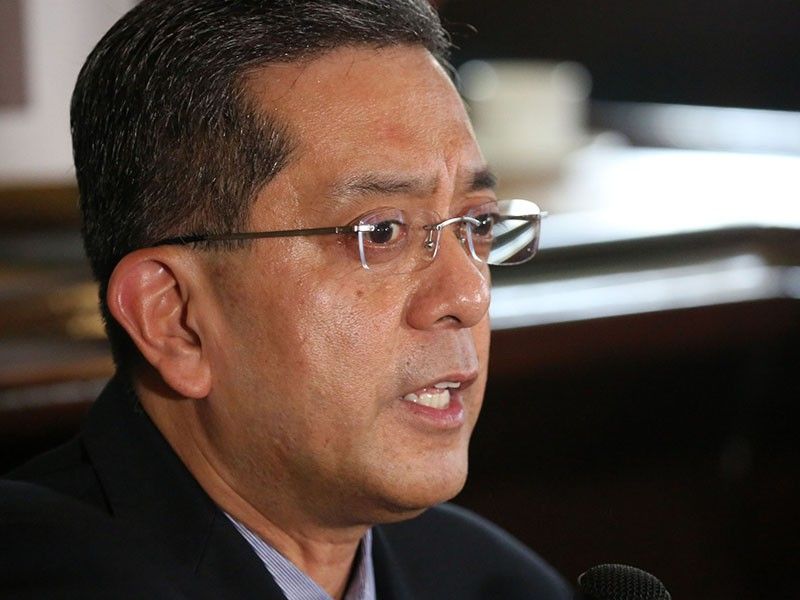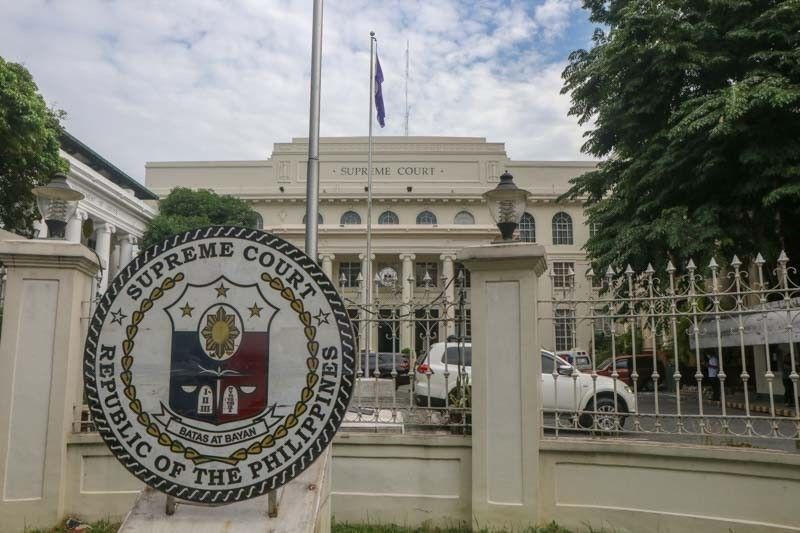Restoring true representation: Reforms in party-list system urged

“It’s high time that we amend, revisit, revise our law on the party-list system.”
That was no less than the Comelec Chairman George Garcia himself who expressed the need for a review of our party-list system.
The poll body chief merely echoed the sentiment that many of us have been feeling as we witnessed the last couple of elections. It’s sad to admit, but the party-list system – enacted for the sake of the rightful representation of marginalized groups in the halls of Congress – now seems to be exploited to serve instead the interests of ambitious businessmen and political dynasties.

Is it perhaps the dilution of the requirements for party-list participation in the elections that could be blamed for the sad state of elections?
After the Supreme Court in 2013 ruled that “national parties or organizations and regional parties or organizations do not need to organize along sectoral lines and do not need to represent ‘any marginalized and underrepresented’ sector,” we began to see more and more party-list groups crop up every election since.
For the 2025 elections, in fact, Comelec received more than 200 petitions from party-lists to be accredited and be included in the polls. Only 42 made the cut, according to Garcia.
“We are hoping that our congress would be able to introduce amendments to our party-list system so it would become a true representation of the marginalized and the underrepresented sector, which is what is enshrined in our constitution,” he added.

The Supreme Court in 2013 ruled that party-list groups did not need to represent any marginalized and underrepresented sector. (COURTESY: SUPREME COURT)
Way before the SC’s 2013 ruling, Justice Artemio Panganiban wrote in the Bagong Bayani vs. Comelec case that the party-list system was supposed to be a “social justice tool.”
And if the system would fall into the hands of those already in command of district representation, he continued, it “would desecrate this lofty objective and mongrelize the social justice mechanism into an atrocious veneer for traditional politics.”
Unfortunately, Justice Panganiban was right. A growing number of political families have now also begun to take advantage of the party-list system to further entrench their name and influence.
As Justice Panganiban stated, “the law crafted to address the peculiar disadvantages of Payatas hovel dwellers cannot be appropriated by the mansion owners of Forbes Park.”
“The interests of these two sectors are manifestly disparate; hence . . . to treat them similarly defies reason and common sense,” he continued.
Can you imagine finding a whole family where each member holds public office from the local to the national level? Well, the party-list system as it currently stands has given us another step towards that bleak outcome.
Panganiban rightly predicted as well how the party-list race, as it loses the essence of its original purpose as a social tool, would eventually devolve into traditional politics and its tactics, such as empty spectacles and populism.
Take for example how social media personality Deo “Diwata” Balbuena was included as a nominee for a party-list group at the 2025 polls. In a system where the maximum seats one group can hold in congress is three, Diwata was designated as the fourth nominee. And mind you, ACT-CIS right now is the only group that has three seats in Congress, after getting more than 2 million votes in the 2022 elections.

Diwata, it seems, was never meant to hold a seat, and was included merely to generate buzz. I could only hope that in the true spirit of the party-list system, the famous pares vendor’s own experience as a hardworking nano-business owner could be reflected and represented in his party-list’s participation in Congress should they get lucky next year.
As the dust settles after the Comelec’s 8-day filing period, we’re left with 156 party-list groups vying for seats at the House of Representatives.
As voters, it is again up to us to be the discerning participants in this very important exercise.
We have the power and the privilege to help our underserved and marginalized sectors and communities give them the true representation they need, while we deny crooks and political dynasties their backdoor into the halls of public service.
------
Follow my social media accounts JingCastaneda: Instagram, Facebook, YouTube, Tiktok and Twitter. Please share your stories or suggest topics at [email protected]
- Latest



























